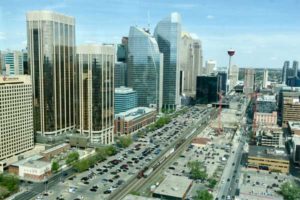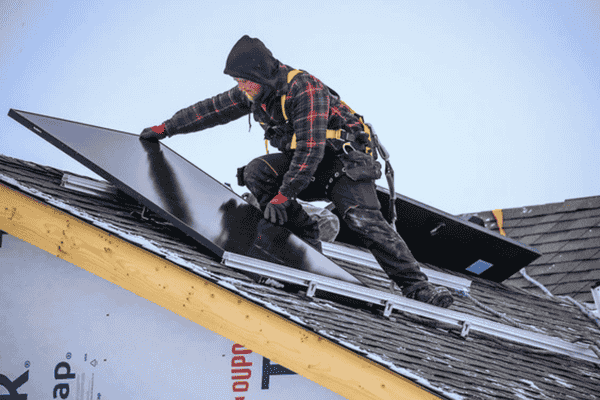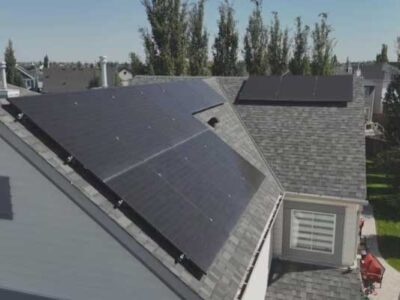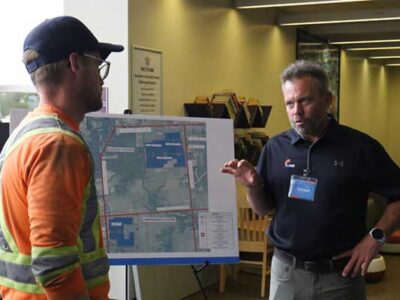- City Council approved $20 million to extend the Clean Energy Improvement Program for homeowners and $10 million to launch a similar program for commercial properties.
- The loan program, structured as self-supported debt, allows repayments through property taxes without affecting non-participant taxpayers.
- Critics questioned the city's role in lending and its long-term funding strategy if federal support ends.
Calgary is doubling down on its bet that homeowners and businesses are ready to invest in greener buildings — with help from City Hall.
On Wednesday, council approved $30 million in new borrowing to continue and expand the Clean Energy Improvement Program (CEIP), a loan initiative aimed at helping property owners cover the upfront costs of energy-efficient upgrades. The funding will add $20 million for residential retrofits over the next two years and create a $10 million pilot for commercial properties.
“This is about not leaving money on the table,” said Ward 11 Coun. Kourtney Penner, emphasizing the program’s roots in a federal initiative that supports municipal climate action. “We’ve seen Calgarians miss out because of limited funding. This extends the opportunity.”
The vote passed with modest opposition.

Calgary, a cosmopolitan Alberta city with numerous skyscrapers, owes its rapid growth to its status as the centre of Canada’s oil industry.
Councillors Sean Chu and Dan McLean voted against both funding increases, with councillors Jennifer Wyness and Andre Chabot joining them in opposing the commercial program. McLean questioned the city’s continued involvement in what he called “the banking and lending business.”
The CEIP has been a runaway success — and a victim of its own popularity. When it launched in early 2023, it received 238 applications in a single day, claiming nearly half of the available funds. The original $15 million budget was made up of a $10 million grant from the Federation of Canadian Municipalities (FCM) and $5 million from the city’s fiscal reserve. Within months, the program was oversubscribed, and demand hasn’t let up.
The loans cover upgrades like heat pumps, insulation, triple-pane windows, and rooftop solar. They’re structured as self-supported debt — meaning the city recovers costs through property taxes on participating homes, with no impact on the broader tax base. If a home is sold before the loan is repaid, the responsibility transfers to the new owner.
Interest rates have remained low — 2.95% in 2023, climbing slightly to 3.25% this year — with repayment terms of up to 20 years.
City officials say the risk to municipal finances is minimal. The loans are managed by the city’s credit and collections unit, not its climate team. “There’s a loan loss provision in place,” said Justin Smale of the city’s climate and environment office. “If something goes wrong, we’re protected.”
Still, some councillors voiced concern about where future funding will come from if federal grants dry up — and whether City Hall is crossing the line into territory best left to financial institutions.
“We’re acting more like a bank than a municipality,” said Coun. Wyness. “Where do we draw that line?”
Applications for the CEIP are handled by Alberta Municipalities, which represents towns and cities across the province. The new funding is expected to enable loans for another 800 homes, according to city estimates.
Without Wednesday’s vote, the city warned the program would have shut down later this year once the original pool of funds was fully allocated.
For now, Calgary is keeping the doors open — and betting that residents want to retrofit their homes, and are willing to repay the help they get.












Comments